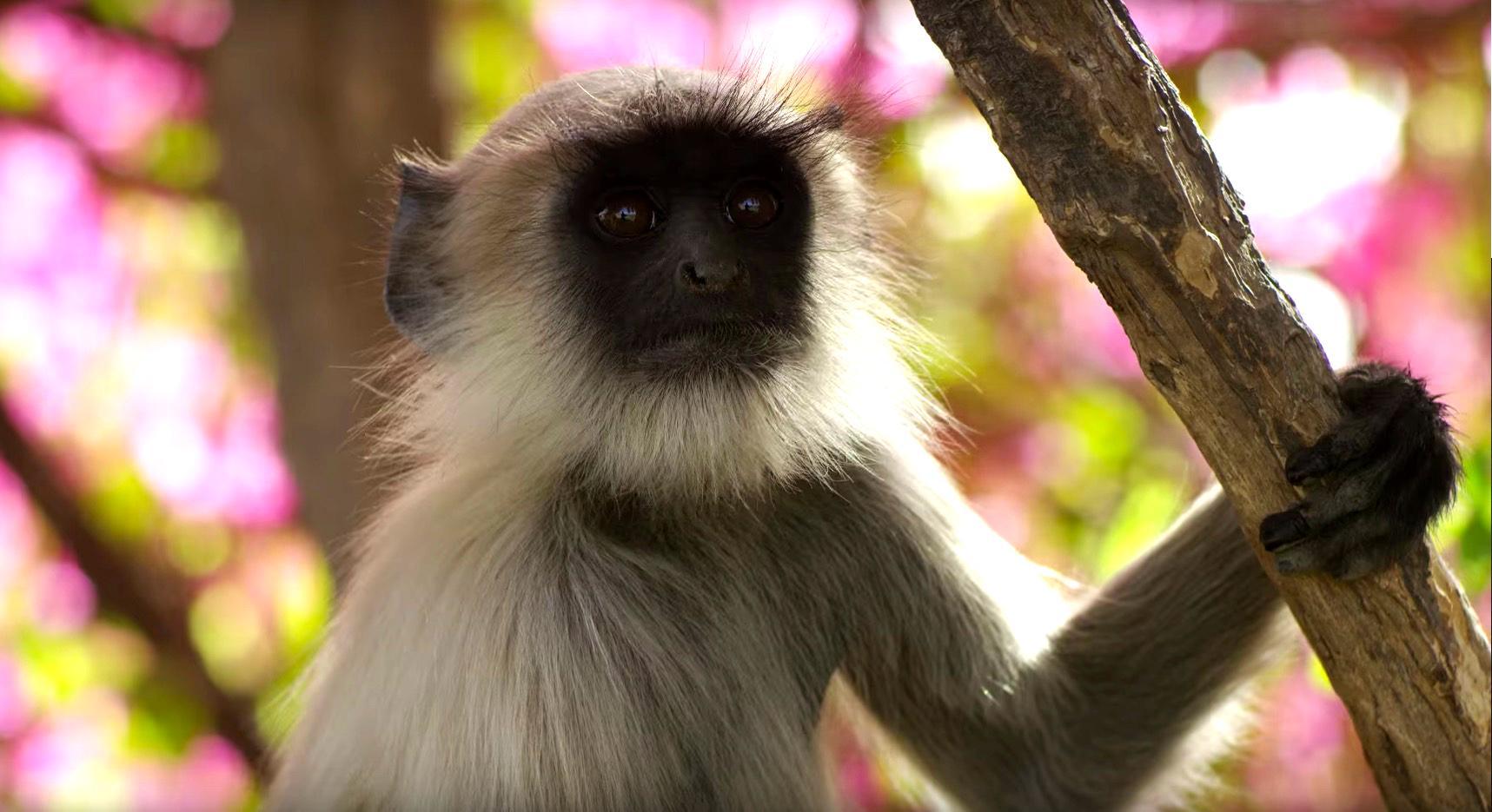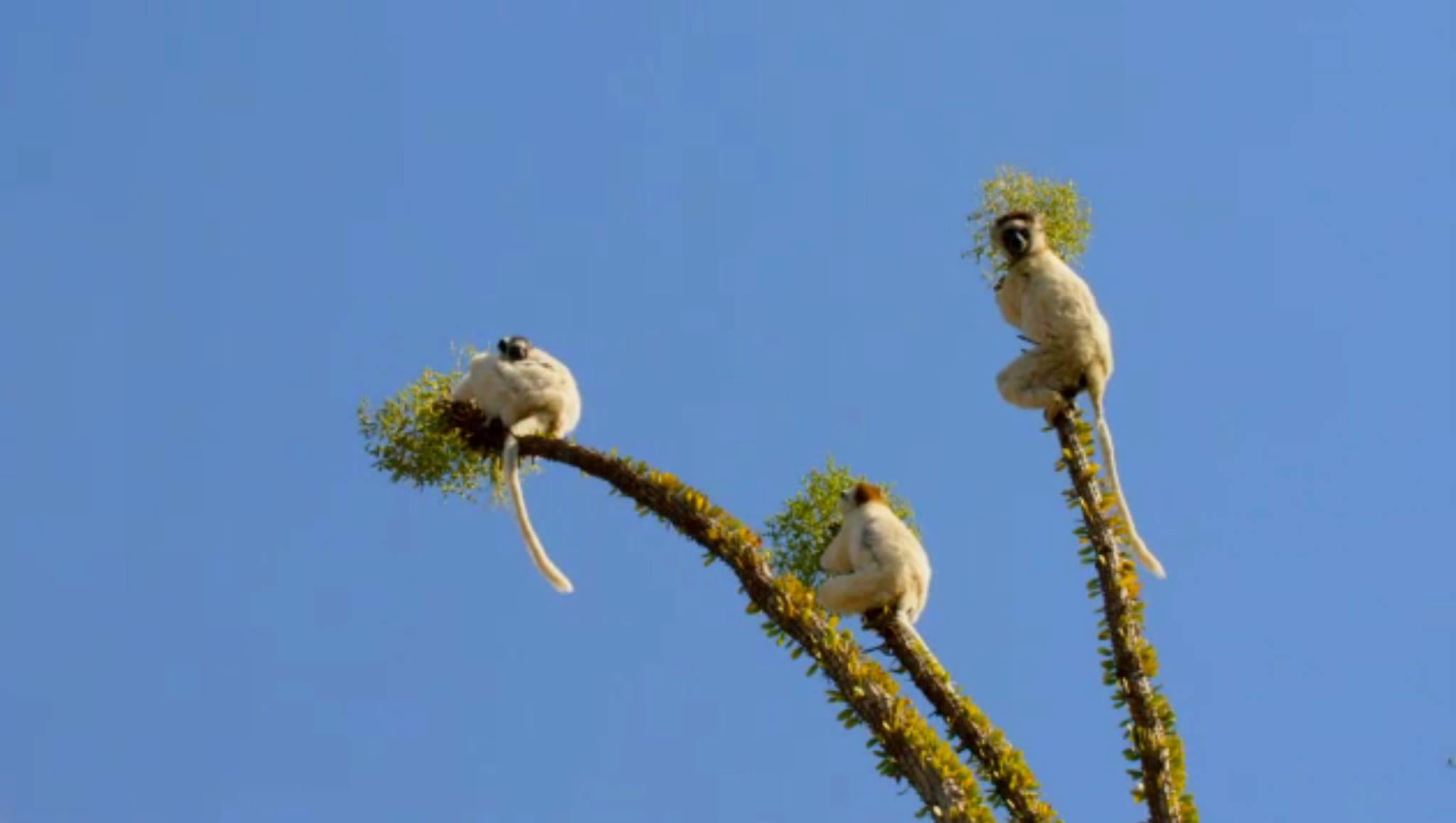Planet Earth 2 episode 1 review ‘Islands’: A cinematic feel never before achieved
The most intimate look at nature ever seen on television

Your support helps us to tell the story
From reproductive rights to climate change to Big Tech, The Independent is on the ground when the story is developing. Whether it's investigating the financials of Elon Musk's pro-Trump PAC or producing our latest documentary, 'The A Word', which shines a light on the American women fighting for reproductive rights, we know how important it is to parse out the facts from the messaging.
At such a critical moment in US history, we need reporters on the ground. Your donation allows us to keep sending journalists to speak to both sides of the story.
The Independent is trusted by Americans across the entire political spectrum. And unlike many other quality news outlets, we choose not to lock Americans out of our reporting and analysis with paywalls. We believe quality journalism should be available to everyone, paid for by those who can afford it.
Your support makes all the difference.There used to be a simplicity to the framing of shots in nature programmes that was so understandable given the difficulty of the shoot that you didn’t even really think about it. ‘Of course it’s a standard, full-length shot of an Alpine ibex, it’s a goat perched on the side of a cliff for god’s sake.’
It comes as a surprise then, and a great joy, when a lemur leaps from one tree to another right past you in Planet Earth II, all the while the camera panning across the jungle. Sir David Attenborough promised “unparalleled” shots in the new series and it more than delivers, using remotely-operated cameras and drones to photograph animals in a way we’ve never seen before.
“Visually, where Planet Earth took an almost God-like perspective and said ‘Let’s look down on the Earth and see the scale of the planet’, what Planet Earth II is doing is saying ‘Let’s get ourselves into the lives of the animals, and see it from their perspective,’” is how producer Mike Gunton explained it, and that’s exactly what we get.
The series has now achieved a real cinematic look, as though Terrence Malick or somebody was behind the camera and in the editing suite. Instead of showing you: ‘Here is a sloth.’ ‘Here is a Komodo dragon.’ we instead see the sloth’s claw reach into shot as it desperately climbs towards a mate, and the dragon’s tail swish from side to side through the mud as it stalks its prey. When the latter engages in a fight with a rival, it’s like watching a climactic duel in Game of Thrones.
The finest example of this new approach is the segment devoted to marine iguanas and racer snakes, which has such a compelling, action film-esque narrative to it as to warrant a spoiler warning.
Iguana after iguana is chased down and choked to death on the sands, before one hatchling decides to hang back behind a bank as though about to provide covering fire. A final iguana pokes its head above the surface like Martin Sheen in Apocalypse Now, surveying the dead on the battlefield before making a break for it. It even gets caught at one point, leading you to cry “Damnit Attenborough, again with the killing of cute animals!” only for it slip the snake’s grip and escape up a rock.
Planet Earth and other Attenborough documentaries have always sought out these quotidian mini-narratives in nature, but now they have the technology to really capture their drama.
Attenborough is, of course, indispensable as ever with his authentically awe-struck narration, and it’s fitting that we’ve just moved into the Anthropocene epoch as he is clearly looking to focus on humanity’s impact on nature later in the series. His role in proceedings is lessening with each documentary though, for understandable reasons I can’t quite bear to think about.

This bravura opening episode, which also involves the march of 50 million red crabs and a heart-breaking scene ("scene" feels an appropriate word now, for reasons mentioned above) in which a bird continues to incubate an egg despite knowing deep down it’s been half eaten by a predator.

Watch Apple TV+ free for 7 days
New subscribers only. £8.99/mo. after free trial. Plan auto-renews until cancelled

Watch Apple TV+ free for 7 days
New subscribers only. £8.99/mo. after free trial. Plan auto-renews until cancelled
As ever, the 'Planet Earth Diaries' segment at the end pours a deserving spotlight on the teams who made this series happen thanks to 117 filming trips in 40 countries, documenting the many days at sea and many months of preparation that go into getting just five or so minutes of penguin footage.
'Five stars' isn’t really enough for this programme. I could bake a cake for the families of everyone involved and still not feel like I’ve come close to showing my appreciation and respect.
Planet Earth II begins on BBC One at 8pm on Sunday 6 November.
Join our commenting forum
Join thought-provoking conversations, follow other Independent readers and see their replies
Comments